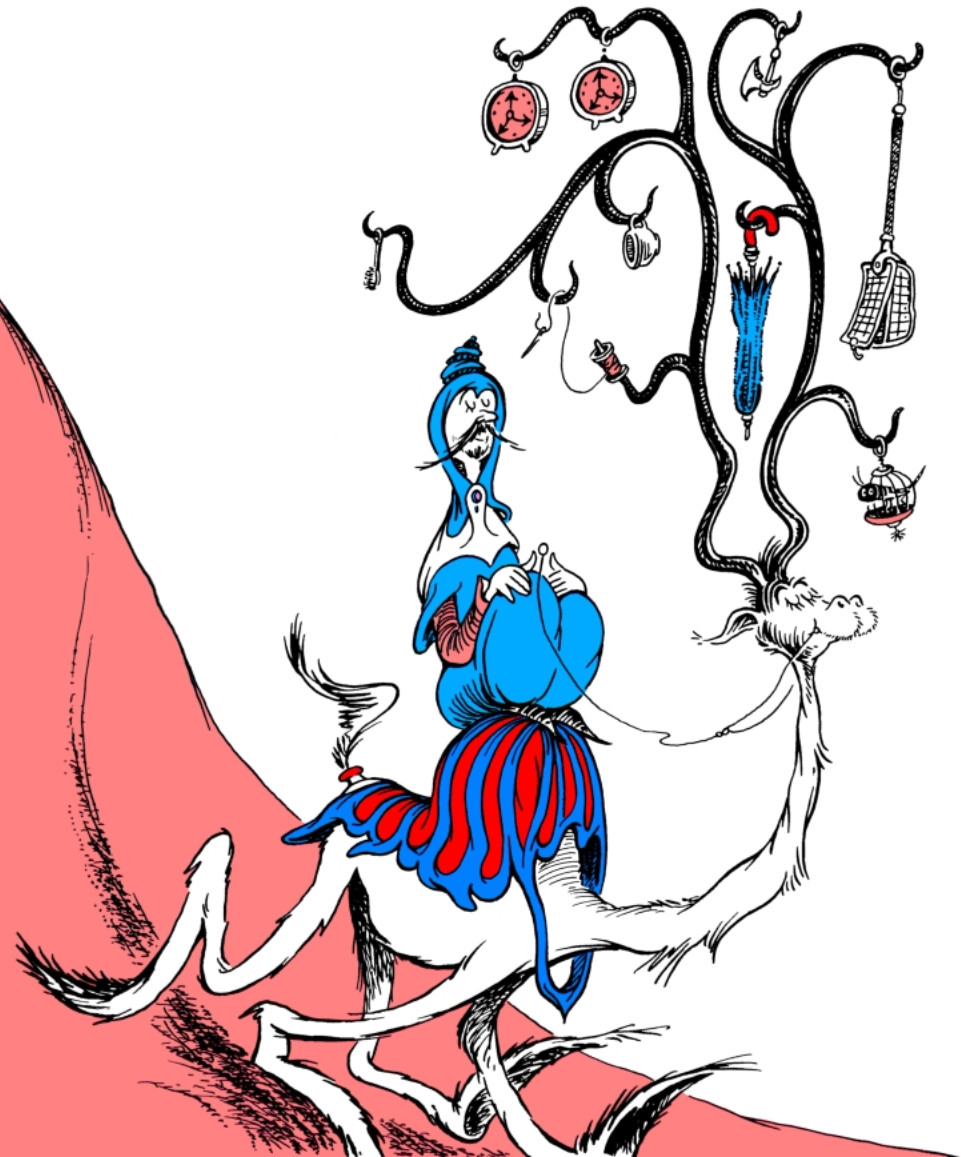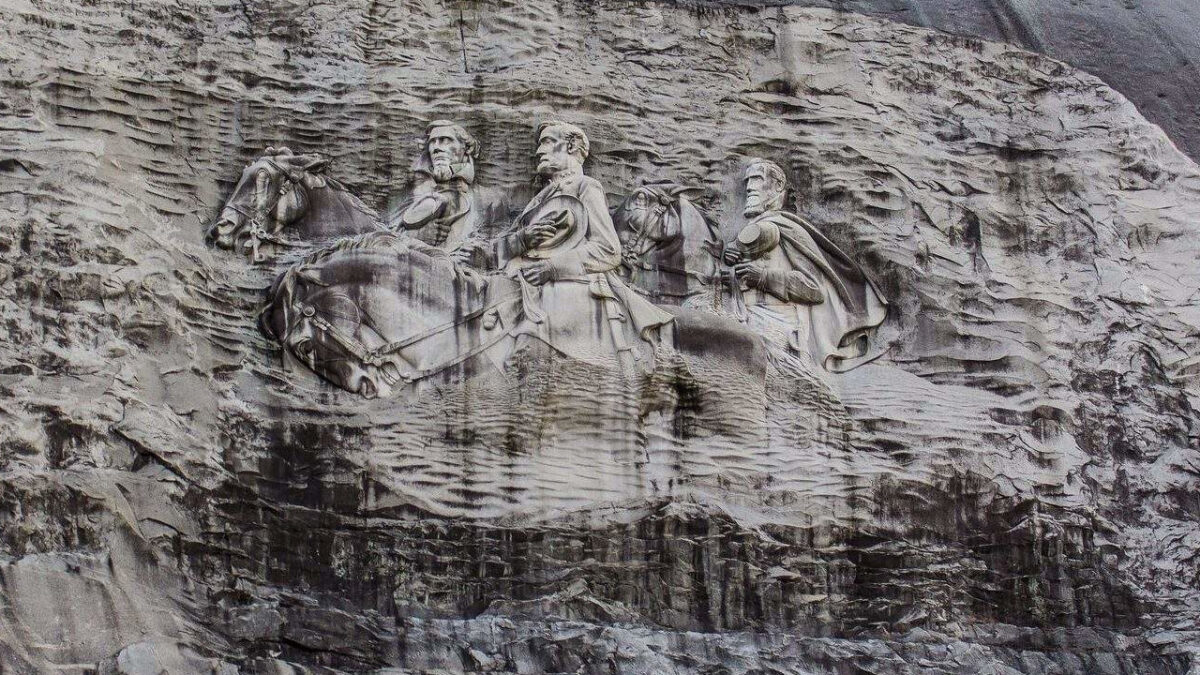Cancel culture may not be brand new, but it has certainly escalated to a point where it can no longer be ignored or regarded as a fringe phenomenon. Hardly a day goes by that some household name is not tagged as having violated some cultural rule and therefore forfeited his place in the cultural zeitgeist. I must pause here to note that I said “his place” both because I still prefer to use masculine pronouns when gender is unknown and because men are far more likely than women to be targeted by cancel culture.
A concern directly related to cancel culture is the intensifying censorship of historical content encompassing everything from monuments and historical landmarks to books, movies, television shows, and even board games. The truth is that nothing is safe from cancel culture because there are no rules for what may be deemed offensive by perpetually outraged leftists. These radicals believe there is nothing and no one too important to cancel. Even literal mountains are now deemed offensive (both Mount Rushmore and Stone Mountain) due to depictions of long-dead individuals whose views—while common in their time—do not satisfy the ever-evolving metric of enlightenment that woke leftists have bestowed upon us.
This week came the announcement that six books by “Dr. Seuss,” the pseudonym of acclaimed children’s author Theodor Seuss Geisel, would be permanently canceled due to certain caricatures now deemed culturally insensitive. That the books intentionally portrayed the fantastical and imaginary was not sufficient to save these titles from the cancel culture mob, which fancies itself not only judge, jury, and executioner, but also prosecutor and victim.

Brands and mascots have been recent targets of cancel culture too. Aunt Jemima, Uncle Ben, the Land O’ Lakes girl, Eskimo Pie, and Cream of Wheat’s black chef logo have all been canceled. Mrs. Butterworth is facing imminent deletion as well. Lady Antebellum rebranded as “Lady A” due to the association of the word “antebellum” (the actual definition of which is “existing before a war”) with slavery. The NFL’s “Washington Redskins” rebranded as the “Washington Football Team,” effectively highlighting the dispirited monotony of the wasteland left in cancel culture’s wake.
Historical relevance is meaningless in this Twitter-based court of hashtagged indignation. Shakespeare is canceled. “Gone with the Wind” is banished. John Wayne is on the chopping block. The targets of perpetual outrage span time and space because, as noted above, there are no rules to the hunt. Like ravenous pack animals seeking their next meal, leftists skulk through life, nipping at everything that moves and hoping to gain their 15 minutes of retweeted fame when they discover some possible sin against the cult of wokeness.
Cancel culture doesn’t just target companies, brands, and historical figures. It targets living individuals as well. Some are famous celebrities, but this may reflect their elevated public status more than the alleged scope of their misstatements. Or, in some cases, their tangential connection to someone else’s misstatements. In 2018, racecar driver Conor Daly lost his primary NASCAR sponsorship because of a racial slur… uttered by his father… in an interview recorded BEFORE CONOR WAS EVEN BORN! I kid you not, it’s a 100% true story.
There are many examples of cancel culture’s ruinous impact on largely unknown individuals too, three of which were detailed in an Atlantic article last year. The common theme in each of them is the mob of digital vigilantes (I call them “digilantes”) who, from the comfort of their homes and smartphones, decide to ruin someone’s life or business to punish him for some perceived misdeed or—in some cases—allegedly holding some unpopular opinion.
One of the most dangerous applications of cancel culture might be the use of manufactured and unprovable claims of past criminality to sink the careers of public figures whose worldviews are not aligned with those of their accusers. This is especially prominent in the political sphere, though its effectiveness is not absolute. It worked against Alabama Senate candidate Roy Moore in 2017 but ultimately failed to stop the confirmation of Brett Kavanaugh to the U.S. Supreme Court in 2018.
It is worth noting that cancel culture isn’t reserved for repeat offenders or those who appear to unapologetically embrace unpopular worldviews. Even a single deviation from woke orthodoxy in an unguarded moment is grounds for permanent cancelation. Consider country singer Morgan Wallen, who was surreptitiously recorded while intoxicatedly joking around with his buddies and uttering the unutterable “n-word”. His profuse apologies notwithstanding, that private moment was sufficient to get him very literally canceled by his label, advertisers, and many radio stations.
What of those who once embraced what was then a common view but whose opinions have since evolved? “No quarter!” shouts the mob. Take Niel Golightly, an executive with Boeing, who was forced to step down after it was discovered that he had authored an article more than 30 years prior questioning the wisdom of allowing women into combat roles in the military.
I could write an entire book just listing undeserving victims of cancel culture, but hopefully, I’ve made my point. We are facing a ruthless onslaught of weaponized intolerance unleashed—with no sense of its own irony—in the name of promoting tolerance and inclusion. We shouldn’t have to pay attention to these senseless and irresponsible fits of leftist rage, but given how destructive this trend has become, it can no longer safely be ignored. We are all at risk of being victimized by these vindictive zealots.
I have long held that offense is taken, not given, and I still firmly believe this to be true. You choose to take offense at someone’s views or opinions. You choose to take offense at a mascot or a monument. You choose to take offense at a word or an illustration. You choose to take offense at a book, movie, or TV show. The common denominator in all of these choices is YOU.
I choose not to be offended by thoughts or speech and to conserve my outrage for actions and policies that constitute the violation of individual rights. Unlike the unemployed leftists whom I am forced to subsidize, I don’t have the time or energy to waste raging against other people’s opinions.
It’s just like the old saying, “Sticks and stones can break my bones, but the Cat in the Hat can’t hurt me.”





